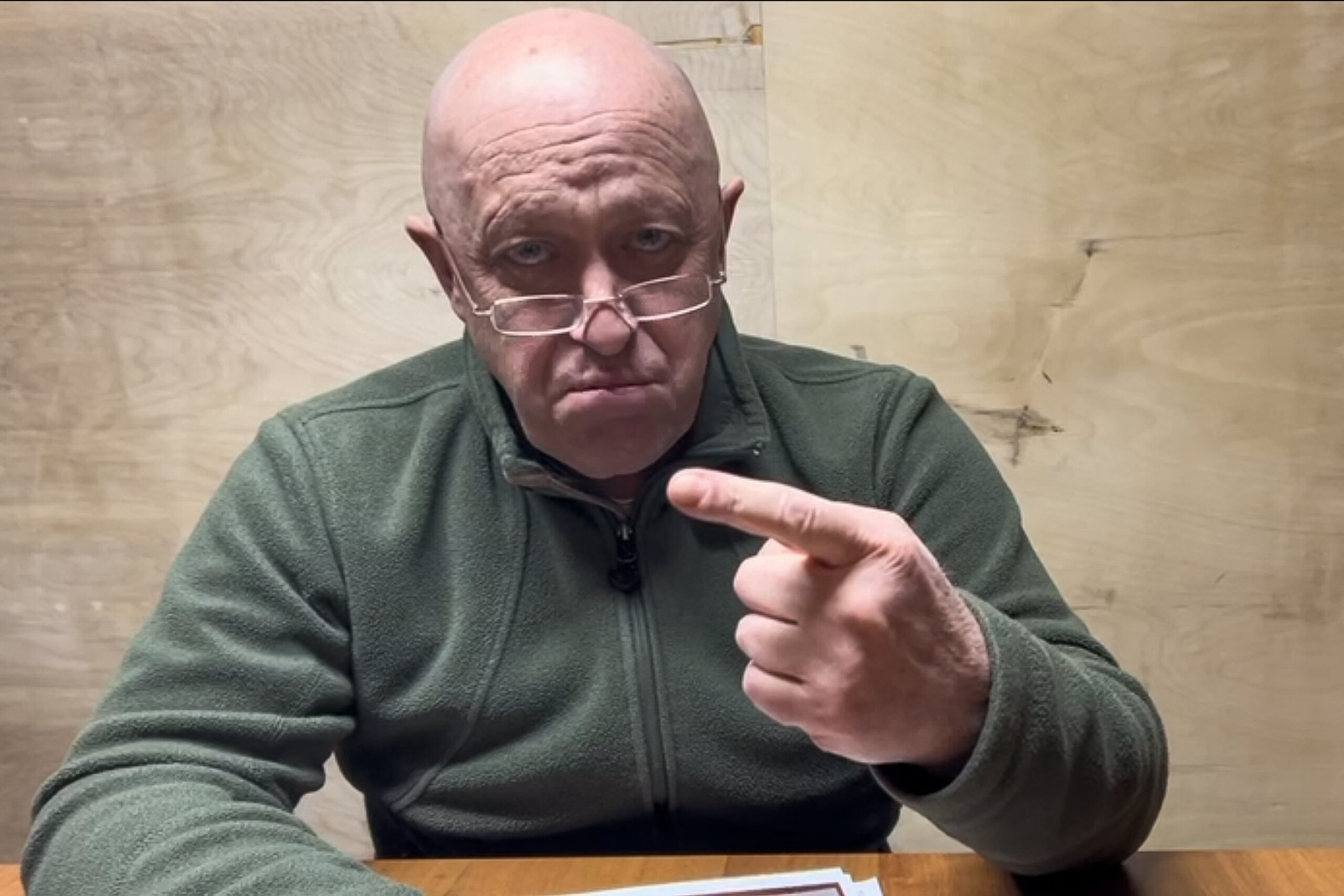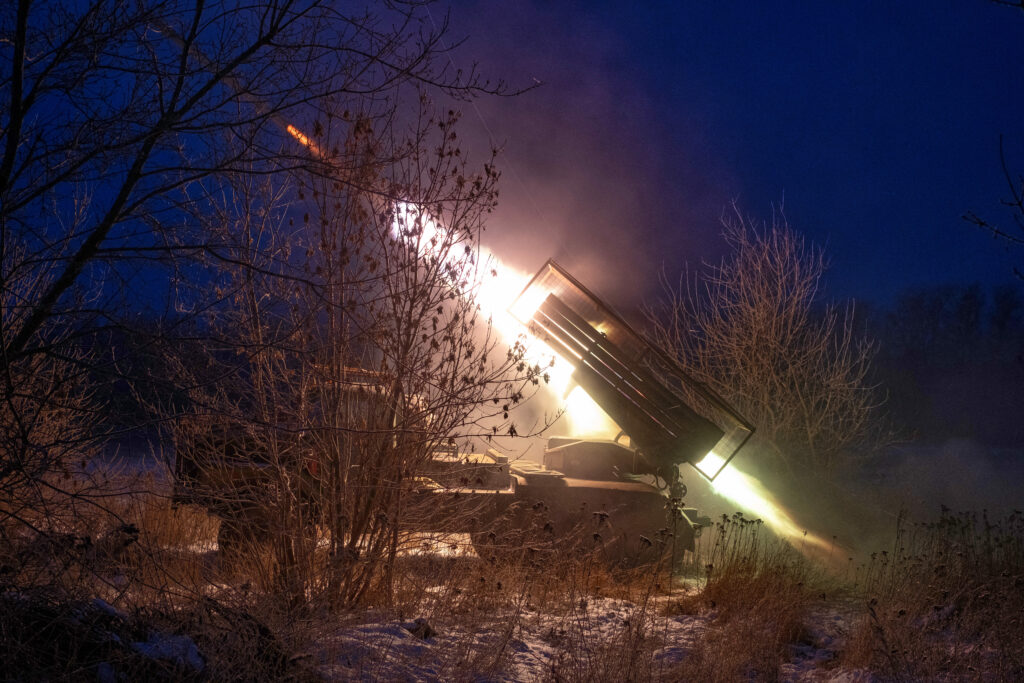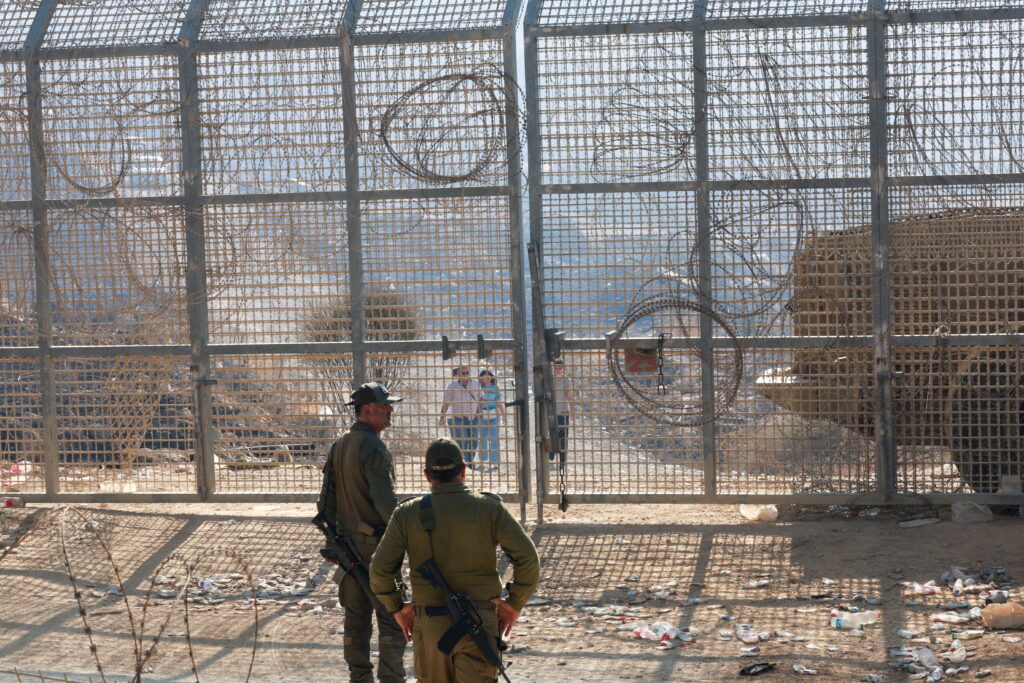A spate of recent anti-government outbursts from a range of military figures has prompted talk about a hypothetical threat to the Russian regime from radical nationalists. Radical outbursts of dismay and disgust at Russia’s war progress are indeed resonating on Telegram channels and social media; yet the likelihood of any such radicals seizing power in Russia or even becoming a serious political force is tiny. There are more differences and disagreements between groups and individuals within this camp than in the Russian democratic opposition.
In early May, the founder of Wagner PMC, Yevgeny Prigozhin, repeatedly raised his level of criticism of the leadership of the Ministry of Defense. He publicly and repeatedly complained about the lack of shells for his PMC and threatened to withdraw Wagner from the front near Bakhmut, even hurling direct insults at Minister Sergei Shoigu and Chief of the General Staff Valery Gerasimov. Even though part of the ammunition was received, Prigozhin did not stop: he spoke about the flight of Russian regular units from Bakhmut and made a cryptic statement about a «happy grandfather» who could turn out to be an «asshole». Here, he deliberately used Putin’s informal nickname, although he later explained that he could mean one of the generals or even a woman who announced a fundraiser for Wagner. Prigozhin’s outbursts obscured the celebration of Victory Day in the «patriotic» segment of Russian social media and instant messengers (in addition, the founder of Wagner criticized the holding of the parade). What is more, Prigozhin — with the help of his press service — continues to post videos where he praises Ukrainian military leaders, scolds Russian «parquet generals» and predicts a successful counteroffensive of the Armed Forces of Ukraine. The founder of Wagner is supported by veteran military correspondents such as Semyon Pegov or Yevgeny Poddubny.
Prigozhin is not the only representative of the «ultrapatriots» who support the war but fiercely criticize the Russian authorities. This is done quite regularly by the former «Minister of Defense of the DPR» Igor Strelkov. Relatively recently, he announced the creation of the «Angry Patriots Club» which included the «People’s Governor of the DPR» Pavel Gubarev, the nationalist Viktor Alknis and other lesser-known politicians and activists. Indeed, the radical «party of war» is violently and publicly speaking out not only against the Ministry of Defense, but also against the country’s so far abstract leadership. The Kremlin is under attack from one of its main strongholds in wartime, and this is not good news for it. But the «ultrapatriots» do not yet pose a critical threat to the Russian regime, and their unification into a significant political force also seems doubtful. The revenge of the radicals is difficult to imagine for several reasons.
Highly known among a few
When discussing the ascent of the «ultrapatriots», the question immediately arises: how, in fact, will this happen? It is obvious the Kremlin is not going to hand over the reins of power to Prigozhin, let alone Strelkov. Consequently, they would need to be brought to power by public supporters, but the founder of Wagner and the former «Minister of Defense of the DPR» do not have a suport base. Neither Strelkov nor Prigozhin are among the top-rated politicians named by Russians in sociological polls (while the respondents named Alexei Navalny’s last name). And «ultrapatriotism» itself does not enjoy the support of Russians. The «Rodina» party, which uses such slogans and has actively supported Russia’s actions in eastern Ukraine since 2014, has not achieved much electoral success either at the federal or regional level. Created with the support of the Kremlin, Zakhar Prilepin’s «For Truth party» in 2020 was able to get its list into only one regional parliament and was eventually merged with «Just Russia». Strelkov has repeatedly spoken about the need for general mobilization, an idea that is extremely unpopular in Russia and causes concern among its population. The radicals and supporters of the war do not have any broad grassroots support; thus they cannot overthrow the regime on the back of those dissatisfied with Russia’s failures in the war.
Prigozhin has a muscle resource in the form of Wagner PMC, but he was seriously bled during the battles for Bakhmut. The businessman himself has repeatedly shown videos with mountains of corpses of mercenaries, and in the supply of weapons, the «Wagnerites» depend on the Ministry of Defense. A Wagner rebellion is possible if they are supported by several law enforcement agencies; but Prigozhin has a conflict with the Ministry of Defense and the FSB, and the previously friendly leadership of the Russian National Guard has moved away from him. Igor Strelkov does not even have that sort of hard power; he made several attempts to get to the front, but they never succeeded. Supporters (or hypothetical supporters) did not help to make this very modest intention happen. It is all the more strange to assume they will help Strelkov raise a rebellion against the Russian leadership.
Radicals of different brew
Some of the main obstacles for Russian pro-war radicals are their own internal conflicts and ideological differences. They have only one thing in common — support for a full-scale invasion of Ukraine and victory at any cost. Then the contradictions begin, about which the «ultrapatriots» do not hesitate to speak publicly.
Prigozhin first invited Strelkov to Wagner, and then did not let him go to the front, calling him «a complete bastard, talker, useless creature.» Strelkov scolds Prigozhin no less than the Ministry of Defense, reproaches him for the senseless losses of personnel and calls him «Veselyak U» (the hero of science fiction books by the popular Soviet writer Kir Bulychev). The radical wing of the «party of war» does not have a single ideological base. Strelkov is a monarchist; little is known about Prigozhin’s views, but he definitely never spoke about the restoration of tsarism in Russia. It is doubtful the founder of Wagner adheres to imperial views: in one of the last recordings, he stated that «the lives of soldiers» are more important than «territories». If we talk about the grassroots base of «ultrapatriots», then some of the Russian nationalists, and the imperialists, and the monarchists, and the communists, are in favor of fighting the war to the end. Even assuming at some point they unite and demand more decisive action from the Kremlin at the front, the differences will quickly outweigh any similarity. After all, the political bloc of the Kremlin knows how to stir up internal conflicts in the opposition (it doesn’t matter — in the democratic or «turbopatriotic»).
Black on gray
Evgeny Prigozhin and Igor Strelkov know the basics of PR well and can easily make us pay attention. Prigozhin is the only public face of the war because the Kremlin deliberately does not highlight the generals in propaganda, and the Wagner founder takes advantage of this. Both he and Strelkov are not afraid to fiercely criticize the military leadership, knowing they have practically no competitors in this field. The voices of Strelkov and Prigozhin are loud; this makes them stand out and makes the politicized segment of Russian society discuss them. The noise of these battles simply does not reach the wider population — the federal TV channels do not say anything about the difficulties of Wagner, the mistakes of the Ministry of Defense and do not give Strelkov and Prigozhin a voice. Propaganda can quite easily turn both of them into a scarecrow.
The Kremlin is already preparing a propaganda campaign against Prigozhin. With a kind word, an unkind word, and perhaps with pistols, the founder of Wagner will be forced to moderate his ardor. But this will happen not because Prigozhin can take the «Wagnerites» and the «Russian people» to the Kremlin, but because his criticism is a clear indication of discord in the Russian elites, which is well complemented by the conversations of Russian oligarchs leaked on the Internet criticizing the war.
Ramzan Kadyrov, who also periodically attacks the Ministry of Defense, is sometimes referred to as a rebellious radical. However, the head of Chechnya is well aware he is dependent on the Kremlin: he quickly criticized Prigozhin, who crossed the «red lines», although he called him «brother» just recently. Even if we assume at some point Kadyrov becomes disloyal to the Russian leadership, this will not entail serious risks for the authorities. He is in conflict with many influential security officials and does not have grassroots support among the population — rather, on the contrary, the coming to power of Kadyrov beyond Chechnya can frighten the average Russian and anger nationalists.
Does all of the above mean how in the event of military failures, the current Russian leadership will be replaced by softer and conflict-free characters, and not supporters of a hard hand? Far from it. Security officials from the FSB or the Security Council could try and take the helm of the country and take a more or less sober look at the situation at the front and even wind down heavy military operations. At the same time, repressions within the country and confrontation with Western countries will not disappear. Gray colonels can replace the blackened Vladimir Putin, but the media «marshals» of this war and couch troops will not be able to do this. Now the «ultrapatriots» are working for the regime, demonstrating in contrast that in Russia there are characters more terrible and militant than Putin. This fear can be traded both for export and instilled in Russian citizens.










